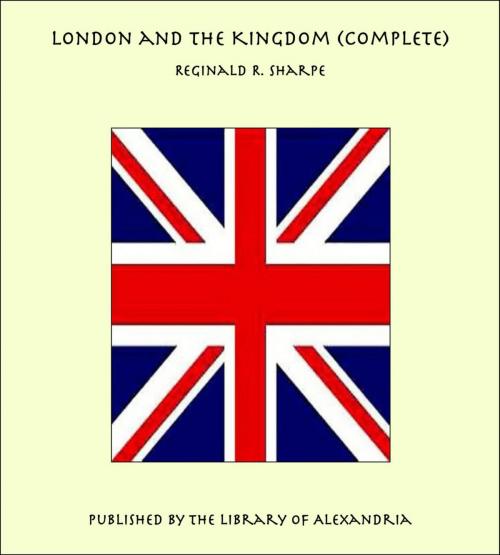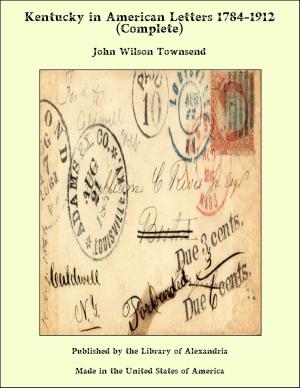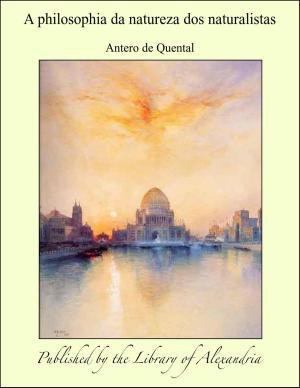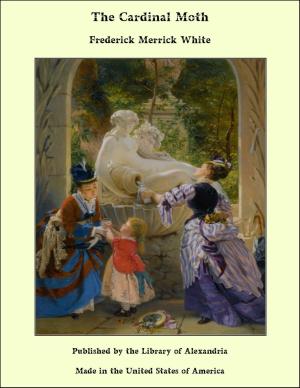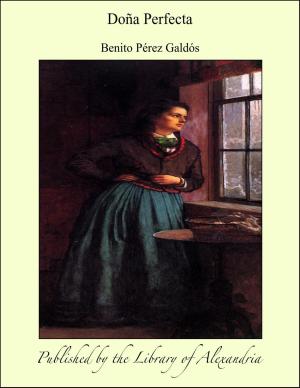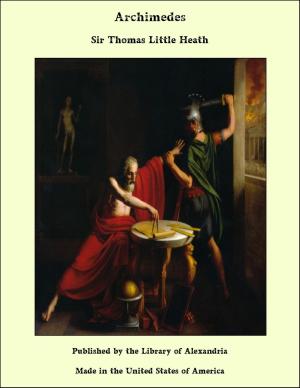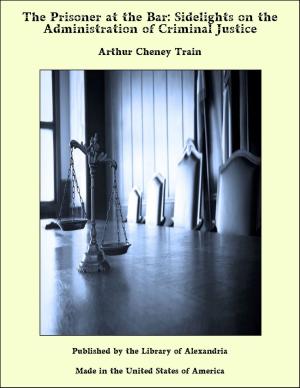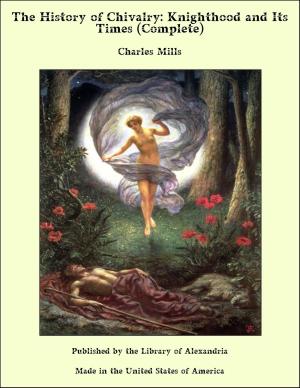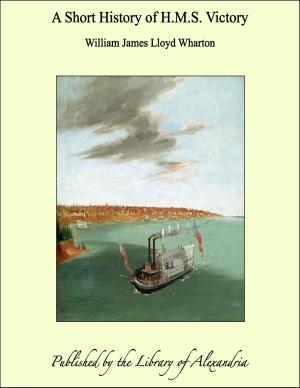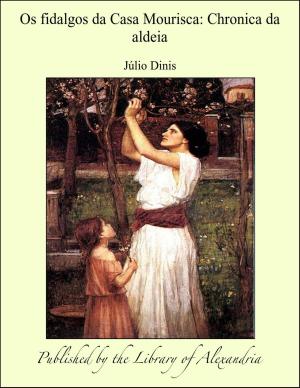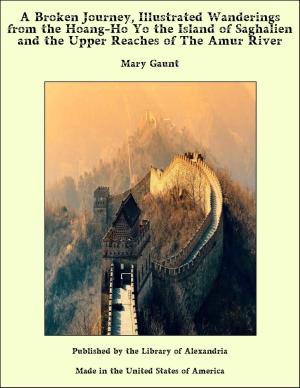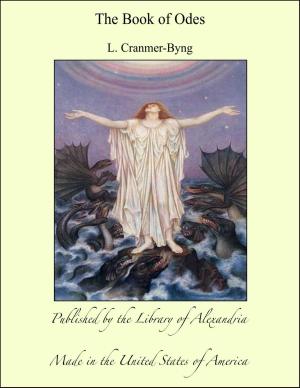London and the Kingdom (Complete)
Nonfiction, Religion & Spirituality, New Age, History, Fiction & Literature| Author: | Reginald R. Sharpe | ISBN: | 9781465549099 |
| Publisher: | Library of Alexandria | Publication: | March 8, 2015 |
| Imprint: | Language: | English |
| Author: | Reginald R. Sharpe |
| ISBN: | 9781465549099 |
| Publisher: | Library of Alexandria |
| Publication: | March 8, 2015 |
| Imprint: | |
| Language: | English |
Of the numerous works that have been written on London, by which I mean more especially the City of London, few have been devoted to an adequate, if indeed any, consideration of its political importance in the history of the Kingdom. The history of the City is so many-sided that writers have to be content with the study of some particular phase or some special epoch. Thus we have those who have concentrated their efforts to evolving out of the remote past the municipal organization of the City. Their task has been to unfold the origin and institution of the Mayoralty and Shrievalty of London, the division of the City into wards with Aldermen at their head, the development of the various trade and craft guilds, and the respective powers and duties of the Courts of Aldermen and Common Council, and of the Livery of London assembled in their Common Hall. Others have devoted themselves to the study of the ecclesiastical and monastic side of the City’s history—its Cathedral, its religious houses, and hundred and more parish churches, which occupied so large an extent of the City’s area. The ecclesiastical importance of the City, however, is too often ignored. "We are prone," writes Bishop Stubbs, "in examining into the municipal and mercantile history of London, to forget that it was a very great ecclesiastical centre." Others, again, have confined themselves to depicting the every-day life of the City burgess, his social condition, his commercial pursuits, his amusements; whilst others have been content to perpetuate the memory of streets and houses long since lost to the eye, and thus to keep alive an interest in scenes and places which otherwise would be forgotten. The political aspect of the City’s history has rarely been touched by writers, and yet its geographical position combined with the innate courage and enterprise of its citizens served to give it no small political power and no insignificant place in the history of the Kingdom
Of the numerous works that have been written on London, by which I mean more especially the City of London, few have been devoted to an adequate, if indeed any, consideration of its political importance in the history of the Kingdom. The history of the City is so many-sided that writers have to be content with the study of some particular phase or some special epoch. Thus we have those who have concentrated their efforts to evolving out of the remote past the municipal organization of the City. Their task has been to unfold the origin and institution of the Mayoralty and Shrievalty of London, the division of the City into wards with Aldermen at their head, the development of the various trade and craft guilds, and the respective powers and duties of the Courts of Aldermen and Common Council, and of the Livery of London assembled in their Common Hall. Others have devoted themselves to the study of the ecclesiastical and monastic side of the City’s history—its Cathedral, its religious houses, and hundred and more parish churches, which occupied so large an extent of the City’s area. The ecclesiastical importance of the City, however, is too often ignored. "We are prone," writes Bishop Stubbs, "in examining into the municipal and mercantile history of London, to forget that it was a very great ecclesiastical centre." Others, again, have confined themselves to depicting the every-day life of the City burgess, his social condition, his commercial pursuits, his amusements; whilst others have been content to perpetuate the memory of streets and houses long since lost to the eye, and thus to keep alive an interest in scenes and places which otherwise would be forgotten. The political aspect of the City’s history has rarely been touched by writers, and yet its geographical position combined with the innate courage and enterprise of its citizens served to give it no small political power and no insignificant place in the history of the Kingdom
